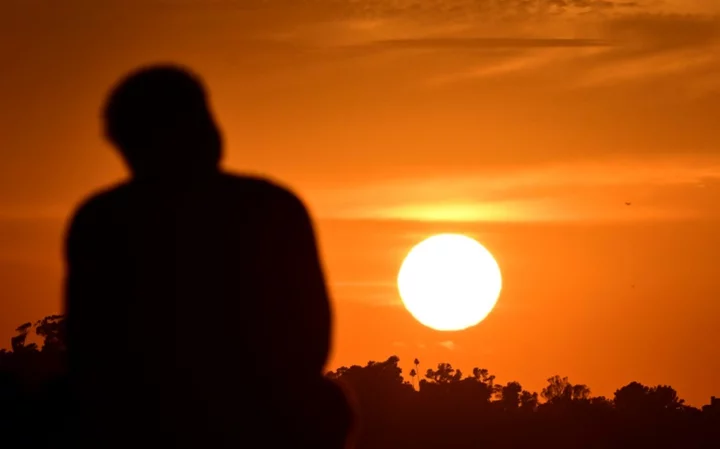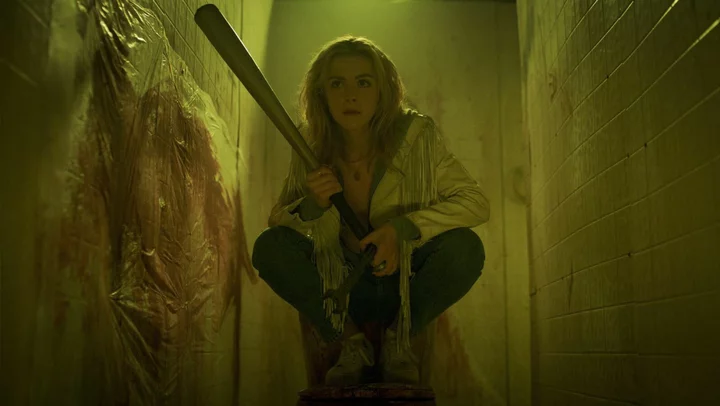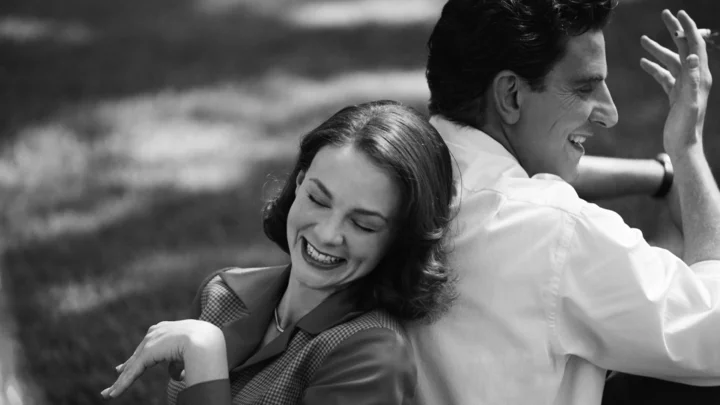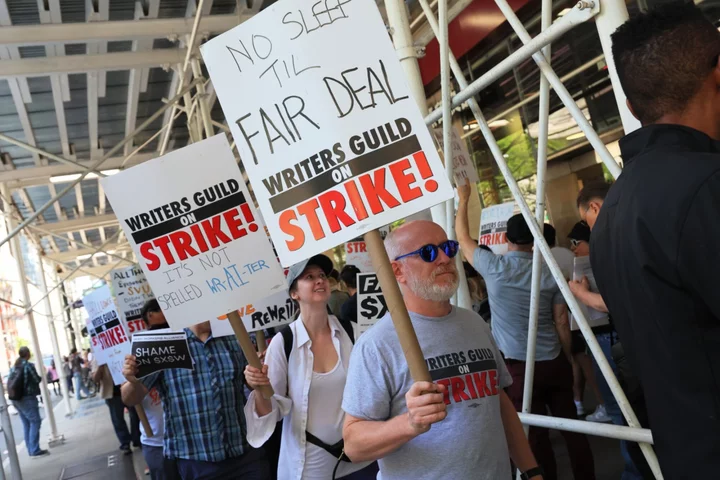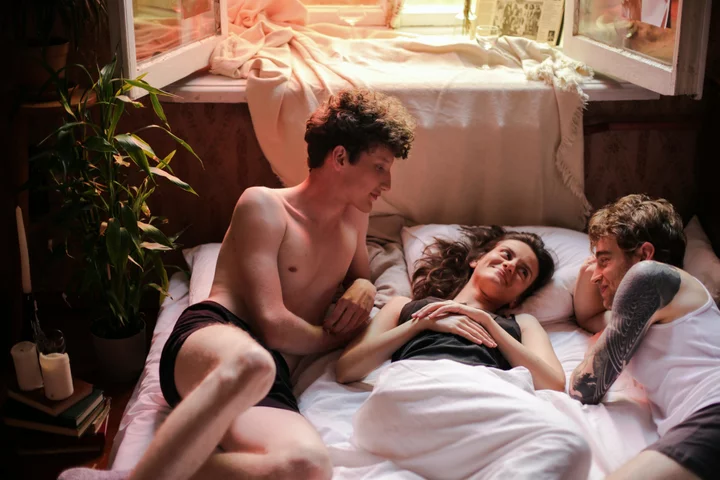Young members of the Shottas gang, responsible for dozens of deaths in Colombia's impoverished port city of Buenaventura, are at work rebuilding a football pitch during a lull in fighting with their archrivals.
The state-sponsored project to renovate the long-neglected field is the result of a peace process the Shottas embarked on late last year with the government of President Gustavo Petro.
"Buenaventura has always been forgotten," a senior Shottas member told AFP as he oversaw the youngsters working with shovels and wheelbarrows on the dusty, rocky pitch.
"Unfortunately, we have to draw attention (to this neglect) through violence," said the gangster, who did not want to be named as he is a fugitive from justice.
While projects like these are welcome, the gangs say much more is needed for a permanent truce to become a realistic prospect in the city of 350,000, with a poverty rate of 40 percent and one in four people unemployed.
"If there were more projects like these, perhaps we would have fewer young people immersed in the conflict," said the Shottas frontman. "We have always asked for social investment and not militarization."
All the workers under his watch are Afro-Colombians, who make up 91 percent of the population in this city through which a third of all Colombia's international trade passes.
It is also the departure point of most of the cocaine destined for the United States.
"It is the first time that some of them have worked in construction, but they liked it," the Shottas spokesman said of his charges.
- Fragile truce -
Petro, who became the conflict-torn South American country's first-ever leftist president in August last year, has begun negotiations with a variety of armed groups -- guerrillas, paramilitaries and criminal gangs -- in his quest for "total peace."
The Shottas and their rivals, the Spartanos, are among the groups in talks with the government. Another round will take place in Buenaventura this week.
As part of the rapprochement, some 200 gang members in Buenaventura have been granted access to state-funded infrastructure and skills-boosting projects such as the football pitch renovation.
Combined, the Shottas and Spartanos have about 2,000 fighters active in Buenaventura, according to Colombia's Peace and Reconciliation Foundation (Pares) think-tank.
Another 400-odd members are thought to be behind bars.
The gangs have ties with rival armed groups fighting for control of illegal mining, drug crops and smuggling routes in the vast Colombian jungle.
Fighting between the gangs boosted the city's homicide rate to 61.6 per 100,000 inhabitants in 2021, almost double the 2020 rate and well above the national average of 24.
According to the Shottas spokesman, who is also one of the group's negotiators, a truce with the Spartanos was in place from September to January.
Then followed fresh tensions due to certain "ruptures," he said.
According to Pares researcher Juan Manuel Torres, these included reciprocal robberies, as the two groups' rivalry over territory has not been resolved.
The gangs had divided the neighborhoods of Buenaventura up among them, each extorting residents and small traders in their own areas and sending civilians scurrying home before nightfall to avoid falling victim to one of the many shootouts.
- 'Very nervous' -
Progress toward a lasting peace has been hampered by the absence of a legal framework for talks, said Torres, who estimates the rivalry has cost about 300 lives in Buenaventura.
It is "a moment of tension because there is no legal certainty and there are many economic interests" for the gangs to continue fighting over, he added. "The (gangs) are very nervous."
The Shottas spokesman agreed: "If there is no legal framework, we do not know what they can offer us."
This uncertainty has caused some recent flare-ups in violence after months of relative peace. In July, a nine-year-old girl was killed amid a shootout attributed to the Shottas and Spartanos, though both gangs have denied involvement.
A major problem has been the Colombian Congress, where Petro has lost the political majority he needs to pass legislation granting some form of amnesty to gang members who give themselves up.
On a recent visit to Buenaventura, Petro unveiled a bold proposal: "We call it 'young people at peace;' there will be thousands of young people who will be paid not to kill, not to participate in violence and to study."
But the initiative has been criticized by the opposition and Petro's own Attorney General Francisco Barbosa, who said it would instead "encourage crime."
The Shottas gangster told AFP they had repeatedly asked the government for academic opportunities.
Unemployment, he stressed, "is what brings poverty, and poverty is accompanied by violence."
jss/das/mlr/mdl/nro


